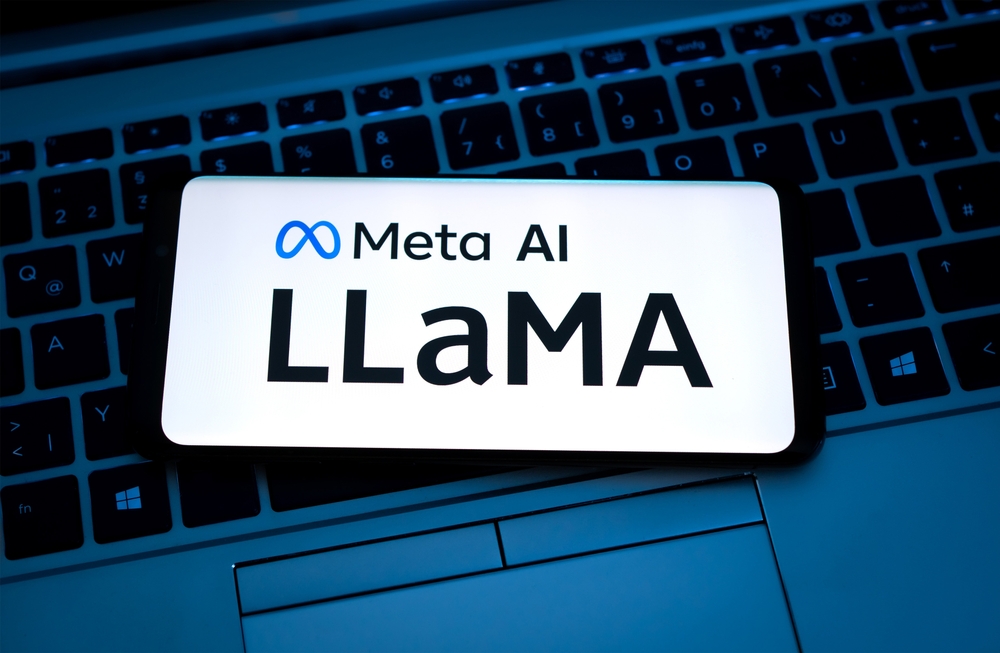Earlier this month Meta announced that it was releasing Llama 2 and making it available for free in cooperation with Microsoft, but now Meta says it plans to monetize its latest LLM.
Llama is available to download for free from Meta, Hugging Face, and a few other platforms. Downloading it is the easy part though, and getting it to run in a usable way is the challenge. You need a lot of computing power to make Llama 2 deliver on its potential, and that’s where cloud computing services like Microsoft’s Azure and Amazon’s AWS come in.
Meta said that it was partnering with Microsoft as its preferred cloud computing partner when it announced the release of Llama 2. Understandably Microsoft and other cloud computing service providers want to charge users for using their expensive cloud computing infrastructure, but Meta also wants a piece of the action.
While Llama is technically free, Meta has said that companies with 700 million or more active users per month will need to obtain a license to use it. Exactly what the license will entail isn’t clear but it will involve some cash flowing Meta’s way.
During a quarterly earnings call Mark Zuckerberg said “If you’re someone like Microsoft, Amazon, or Google, and you’re going to basically be reselling the services, that’s something that we think we should get some portion of the revenue for.”
How much money we’re talking about is unclear but to expect Facebook to give Llama 2 away for “free” is perhaps a little naive. “I don’t think that that’s going to be a large amount of revenue in the near term, but over the long term, hopefully that can be something,” Zuckerberg said.
a big day https://t.co/5CTqULsfuT
— Meta (@Meta) July 18, 2023
Can you really use Llama 2 for free?
Technically you can use Llama 2 for free, but practically it’s going to cost you some money to do that. Unless personal computing hardware becomes a lot more powerful and a lot cheaper using cloud computing is really your best option.
One developer explained how to deploy Llama 2 on your personal computer but his results highlight the problem of trying to run the LLM on a local machine. He didn’t specify the CPU he was using but said his machine had 20GB of RAM. That’s a decent amount of RAM but loading the model took 51 seconds and it took almost 4 minutes to generate a 250 token response to the question “What is the meaning of life?”.
Running the same query on Google’s Colab free cloud computing service took 16 seconds to generate the same response. Colab is probably your best bet to run Llama 2 for free but it is limited.
So Meta is basically saying, ‘Hey, our tool is free! Pay those guys to run the model on their GPU’s and then they can pay us.’
Is Llama 2 really open-source?
Besides Llama 2 being “free” but not really, Meta also came in for criticism for referring to the LLM as being “open-source”. A blog post on the Open Source Initiative (OSI) website explained that for software to be truly open-source the license can’t limit who can use it or how the software can be used.
While the folks at OSI aren’t saying Meta shouldn’t impose commercial limitations, they’d just rather Zuckerberg didn’t keep calling Llama 2 open-source when it isn’t really.
Despite the noise and uncertainty of how Meta plans to use it, it’ll be interesting to see how companies will use Llama 2 and how OpenAI and Stability AI respond with their offerings.





